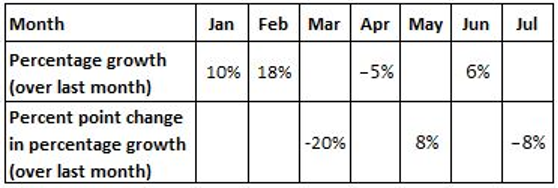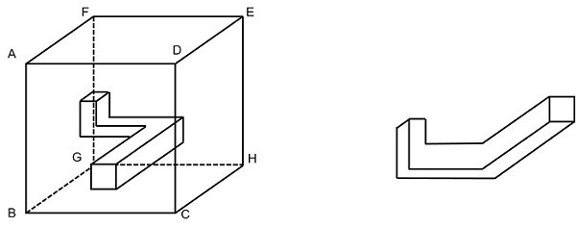Test Overview
Pearson Undergraduate Entrance Exam for Engineering
The Pearson Undergraduate Entrance Exam for Engineering is a standardised test designed by Pearson VUE that covers verbal, quantitative, and abstract reasoning, followed by physics and mathematics. We designed this new exam based on experience gained over more than ten years of developing and delivering admissions tests in India, with the goal to support undergraduate admissions decisions for Indian universities—specifically in the engineering domain.
The exam evaluates skills required for success when starting university. While verbal, quantitative, and abstract reasoning sections require no subject matter or general knowledge skills, the physics and mathematics sections evaluate the test-taker’s knowledge and understanding across a variety of topics they are expected to know to pursue an engineering degree.
The test is comprised of 178 multiple-choice questions that must be completed in 180 minutes. The exam is taken in one continuous sitting, with no breaks.
| Portion | Section | Total Questions | Test Time (minutes) |
|---|---|---|---|
| UG Exam (120 minutes) |
Verbal Reasoning | 36 | 32 |
| Quantitative Reasoning | 34 | 38 | |
| Abstract Reasoning | 38 | 40 | |
| Engineering Subjects (60 minutes) |
Maths | 35 | 30 |
| Physics | 35 | 30 | |
| Intro, NDA, Other Screens | N/A | 10 | |
| TOTAL | 178 | 180 minutes |
Quantitative reasoning
The quantitative reasoning section assesses your ability to read and understand numerical information to solve problems.
If the median of a set consisting of n consecutive odd integers is an even integer, the sum of the mean and the range of the set is an odd integer.
- Always
- Sometimes
- Never
Correct answer: C
Verbal reasoning
The verbal reasoning section assesses your ability to review written information and draw conclusions from the information provided
Select the word or phrase that is incorrect in the sentences below. Select option E if the sentences have no errors.
The incident left her with a fractured leg. With great efforts, she has started to walk again.
- left
- with
- efforts
- to
- No error
Correct Answer: C
Abstract reasoning
The abstract reasoning section assesses your ability to identify and solve a series of logical problems.
Based on the given image, which of the following options must be true?

A. Wheels A and D rotate in the same direction.
B. Wheels A and C rotate in the same direction as wheels B and E.
C. Wheels A and E rotate in the same direction as wheels B and C.
D. Wheels B and C rotate in the same direction as wheels D and E.
E. If wheel A rotates clockwise, wheels B, D and E rotate clockwise.
Correct Answer: A
Maths
The maths section of the test is designed to assess your knowledge across a broad range of maths topics.
How many solutions does the equation log[x] x = 2 have?
Note: Here, [.] denotes the greatest integer function and x ∈ R.
A. 0 B. 1 C. 2 D. Infinite
Correct Answer: A
Physics
A metallic sphere of radius 5 cm and work function 4.14 eV is suspended from an insulated thread inside a vacuum chamber. If the sphere is under continuous illumination of 280 nm wavelength UV radiation for a long time, then which of the following is the value of the electric potential of the sphere?
- 0.30 V
- 1.14 V
- 2.43 V
- 4.14 V
Correct Answer: A







 ?
?




